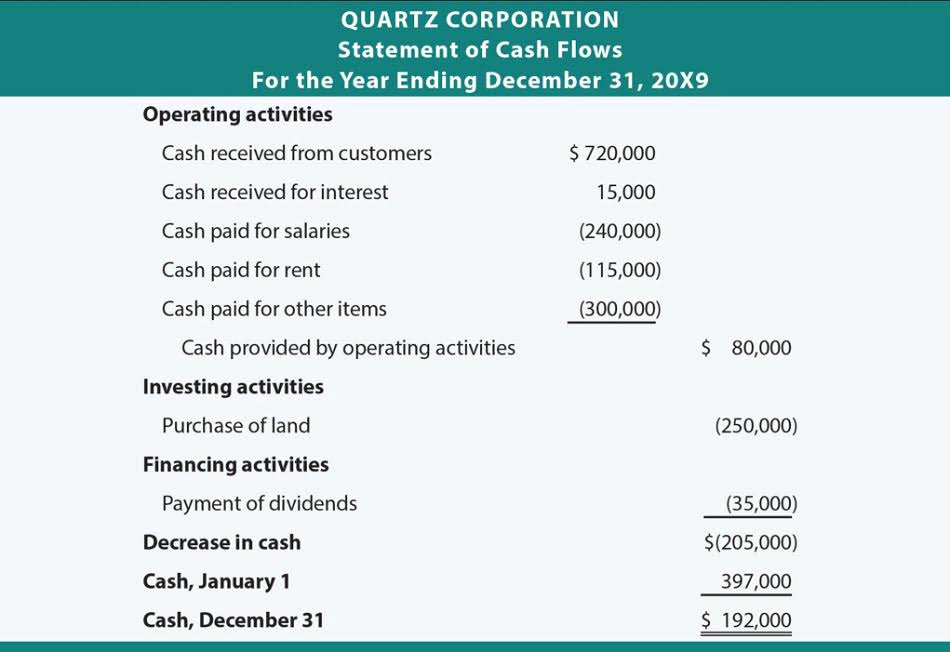
Let’s work through two examples that were listed above and calculate the various gross vs net amounts. Specific expenses vary depending what is the difference between gross and net income on the type of industry and business entity type. Returns are credits you give a customer for returning a product they purchased.
It’s also important for managers tracking employees sales quotas and productivity requirements to measure gross revenue. Gross income helps managers to track a business’s sales volume, as opposed to profitability. When business owners review their revenue over various periods, they need to do so before deducting any expenses. That’s the only way they can track their sales over time, the average size of sales and seasonality. Essentially, a company’s gross income is equal to its total sales over a set period of time.
Example of calculating gross versus net income
This bottom-line figure clearly indicates the company’s profitability during the reporting period and is often the most closely examined figure in financial reporting. In Gross Income vs Net Income, Gross Income is a comapny’s total earnings before subtracting expenses like taxes, insurance, etc. In contrast, Net income is the company’s total profit after removing all the costs and taxes from the gross income. Gross refers to the whole of something, while net refers to a part of a whole following some sort of deduction. For example, net income for a business is the income made after all expenses, overheads, taxes, and interest payments are deducted from the gross income.
Italy’s Enel sets targets for next three years – Reuters
Italy’s Enel sets targets for next three years.
Posted: Wed, 22 Nov 2023 16:02:00 GMT [source]
That retirement money we added back to your paycheck earlier goes into this category, too. After paying those debts, any leftover money can go straight to your savings account. If you’re an independent contractor or freelancer, your annual gross income would be everything you’re paid for the work you complete for clients over the course of 12 months.
Reporting wages to Social Security
Unfortunately, as you can see in the example above, it is sometimes ambiguous what someone means when they say “gross” or “net”, so further clarification may be required. The only way to know for sure what someone means is to ask them exactly what is included and/or what is deducted from the figure. The terms gross and net are used frequently in accounting and finance conversations. The easiest way to know what someone means is to think about what could naturally be deducted from something. The self-employment tax is 15.3%, which is a combination of 12.4% for Social Security and 2.9% for Medicare taxes and is calculated using 92.35% of your net income.

In the world of business, net income isn’t just a term, it’s a measure of success, growth, and sustainability. This is an important argument for keeping track of personal and business funds separately. It’s much easier to keep track of things when you know all the charges are business related. Keeping an eye on your net income in this context can provide actionable insights for better financial management and long-term sustainability. Here are two examples that bring the abstract numbers and formulas into everyday business reality. A balance sheet provides a snapshot of your business’s financial position, showing what you own (assets) and what you owe (liabilities).
Where can I find my net income in a profit and loss statement?
We have learned about the components of salary and what makes your take-home salary. Now, let us explore the taxability of each salary component to help you plan your taxes. Our experts have been helping you master your money for over four decades. We continually strive to provide consumers with the expert advice and tools needed to succeed throughout life’s financial journey. The relationship between gross and net income is explained with the help of formulas written below. Now you’re equipped with this knowledge, you’re one step closer to steering your business toward financial success.
- Conversely, if your standard deduction is higher than your itemized deductions, you would choose the standard deduction.
- By understanding net income, businesses, and individuals can effectively manage their finances and work towards achieving their financial goals.
- This statement starts with the previous year’s retained earnings and adds the current year’s net income (or subtracts a net loss) to calculate retained earnings for the current year.
- In the above example, $6500 was the gross income of the individual, but the net income was $5100 ($ $300 – $300 – $400 – $400).
- Another option is to consider what benefits are deducted from your paycheck.
- These deductions can significantly reduce the amount of income that Uncle Sam ultimately taxes, thus lowering your overall tax liability.
And if you’re an hourly worker, your annual gross income would be what you earn per hour multiplied by the number of hours you work every year. One term the IRS uses that you might want to know when it comes to taxes and income is adjusted gross income, or AGI. Gross income can tell you about the financial health of your business by giving you an immediate picture of how much revenue your business generates. If gross profit is positive for the quarter, it doesn’t necessarily mean a company is profitable. For example, a company could be saddled with too much debt, resulting in high interest expenses. These can wipe out gross profit and lead to a net loss (or negative net income).
As an individual taxpayer, your gross income includes all of the income you receive from all sources. For many people, this might only be your salary or wages from your employer before any taxes and other deductions—such as for health insurance premiums and retirement contributions—are taken out. Gross income is the starting point of all the money you make, including salary, wages, bonuses, and capital gains. AGI is calculated by subtracting any qualified deductions from your gross income. These deductions include things like student loan interest and educator expenses. The net income is a business or individual’s gross income minus any withholdings, business expenses, or other costs.






